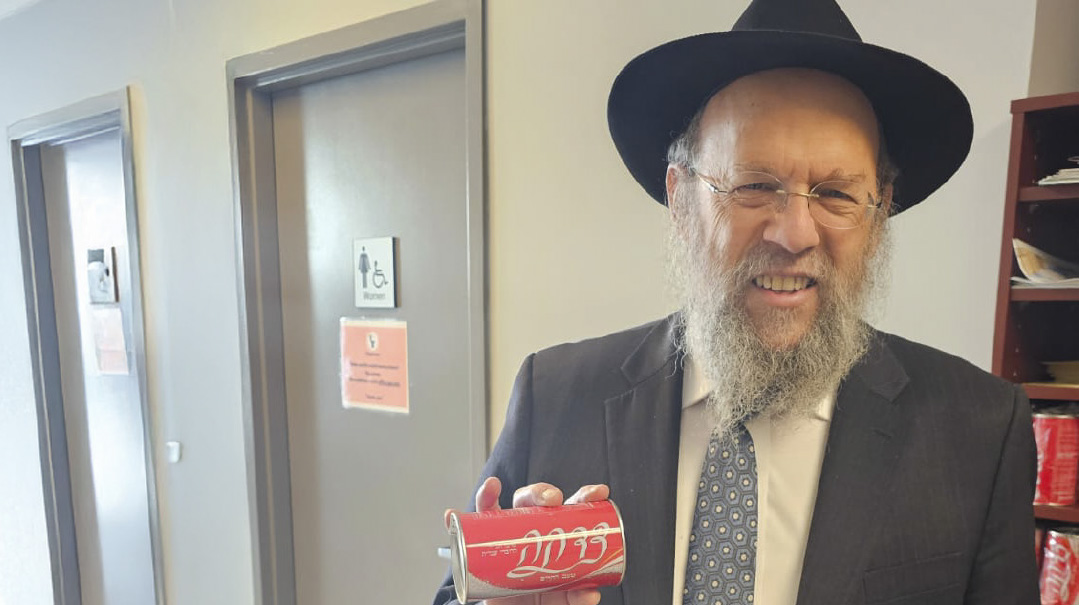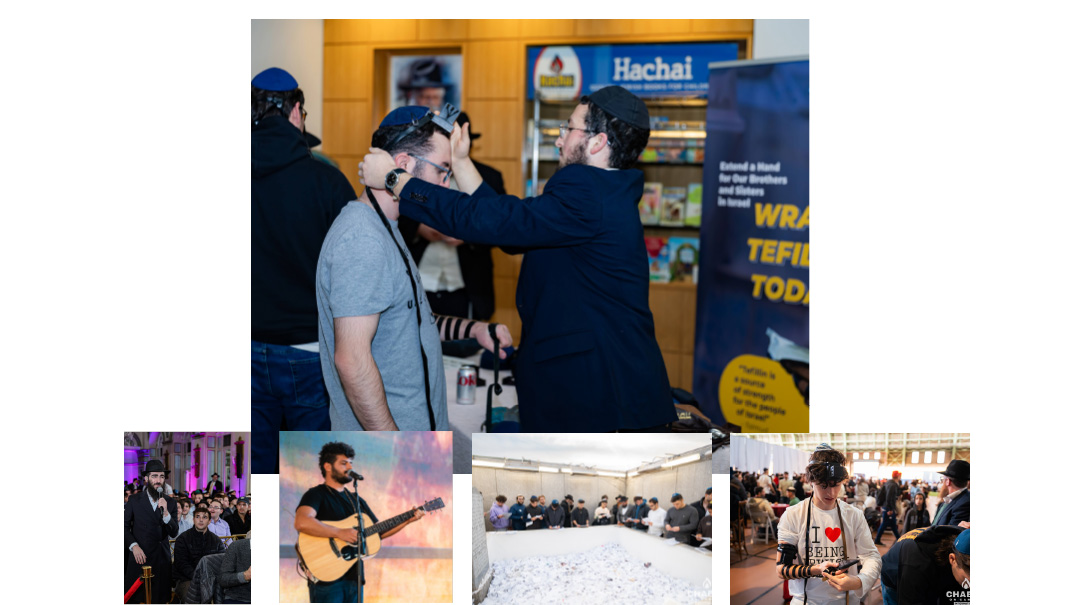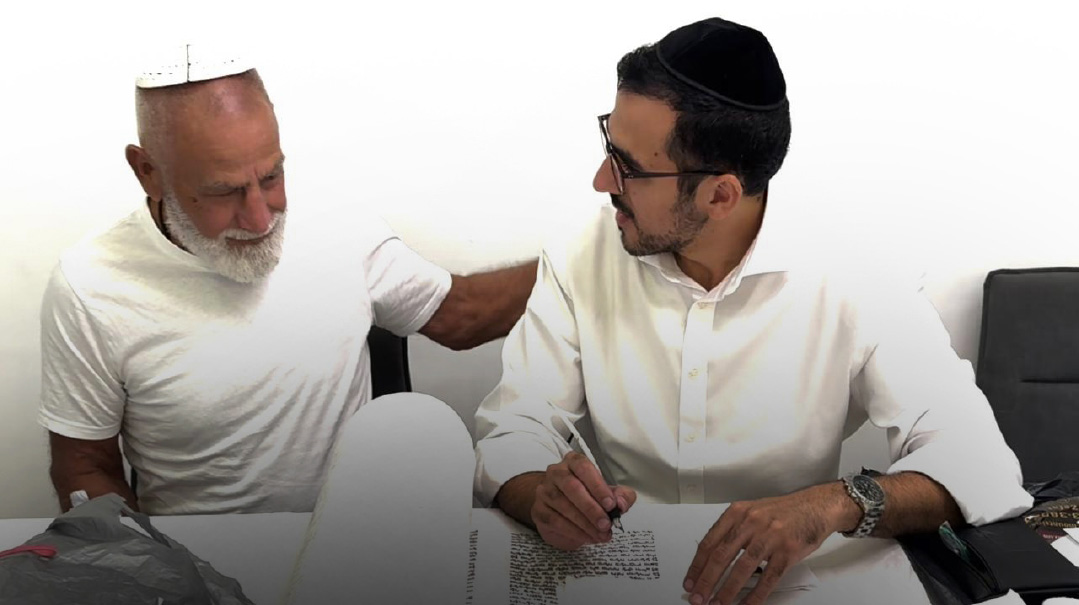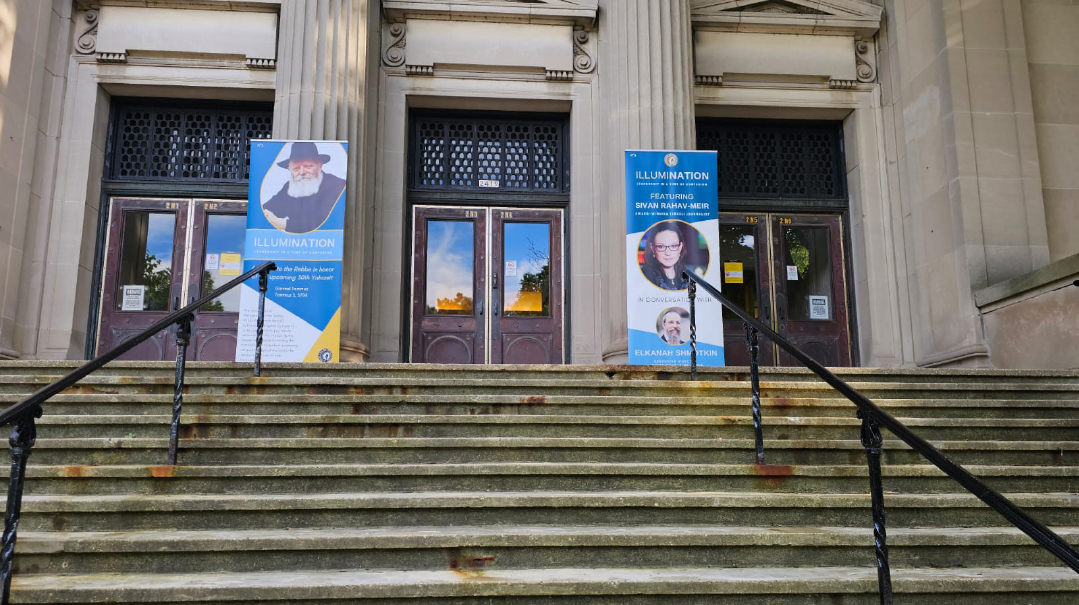Under the Radar
| June 3, 2025My takeaway: Ordinary people have extraordinary stories
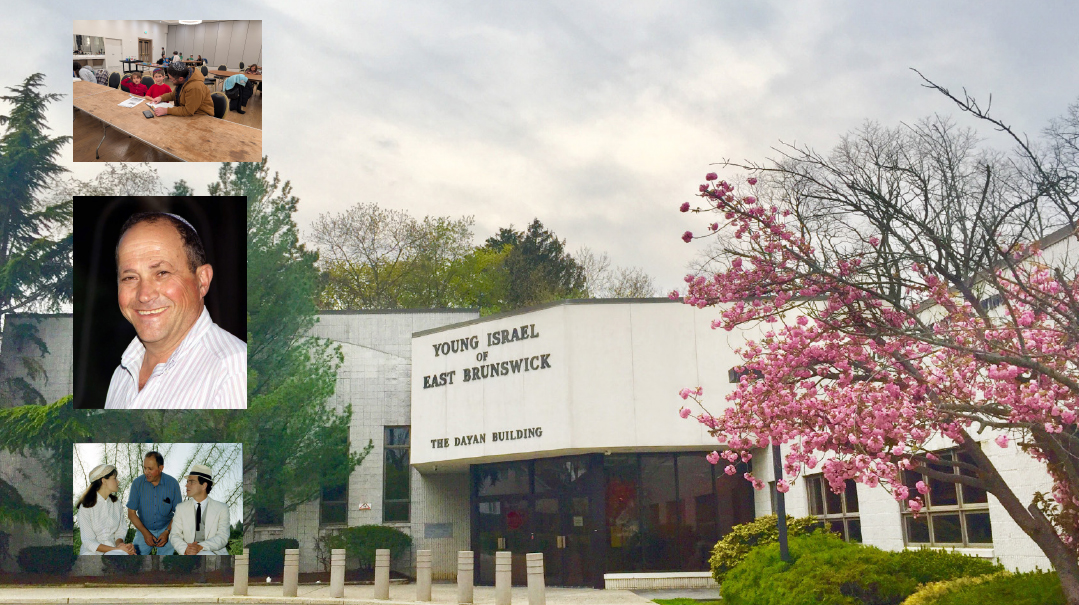
Where: Young Israel of East Brunswick, New Jersey
What: A Shabbos of chizuk
My takeaway: Ordinary people have extraordinary stories
TO
be honest, I didn’t expect to write about this particular Shabbos. I was invited for Shabbos by the community of Young Israel of East Brunswick (YIEB), led by Rabbi Yehoshua Hess, and I felt privileged to speak there — but not every community visit becomes an article. Most of the stories I’ve shared over the past months have focused on what I call “October 8th Jews” — those whose Jewish spark was ignited in the wake of recent events.
YIEB is a long-established, relatively small, Modern Orthodox community. In my mind, I initially categorized it as typical: suburban, middle-class, religiously committed. But I admit — I was wrong. Because it turns out that even without dramatic headlines, the Jewish People carry within them powerful, moving stories of connection, growth, and return.
On Shabbos morning, I shared my own story with the congregation. Nothing earth-shattering or spectacular: When I was 14, I spent Shabbos at a friend’s house and fell in love with the experience. That was it — I started keeping Shabbos. I joked that this was probably the most mundane teshuvah story they’d ever heard. Baruch Hashem, no ashrams, no tattoos, no time spent as a captive in Gaza. Just a regular secular teenager from Herzliya who discovered the beauty of Shabbos.
What followed was unexpected: From then until Motzaei Shabbos, members of the shul approached me, each eager to share their own “uneventful” teshuvah story, stories that, in truth, were anything but ordinary. Most of the kehillah was middle-aged, and those members who didn’t grow up religious had become frum decades ago. You see, not every baal teshuvah wears a suit and hat. Sometimes the Modern Orthodox Jews who seem so “mainstream” and chilled actually have deeply personal, even heroic, journeys behind them.
Walk the Walk
Sari grew up in Florida with no Jewish education whatsoever. At 13, a friend invited her to Bnei Akiva. It was her first exposure to a Jewish social framework and her first taste of Shabbos. She was blown away. The following week she was eager to return, but her father made it clear: “You’re not walking there. I’ll drive you.” Sari didn’t know the halachos yet, but she knew she wasn’t supposed to get into a car, and she didn’t want to desecrate Shabbos. So, her father drove beside her — at 5 mph — while she walked. When they arrived, he asked when she would be ready to come home. Not wanting her to walk alone, he waited outside the whole time, then escorted her back home the same way they’d come. For a long time, this ritual repeated itself week after week, as Sari bravely clung to her principles. Today Sari is over 50, the proud mother of a Shabbos-observing family.
Bless These Hands
Dr. Steve Reich, a respected spinal surgeon, pointed to a couple nearby. “That man was badly injured in a car accident,” he told me. “I performed his surgery. I didn’t know if he’d walk again. But every time I came into his hospital room, I saw his wife sitting there, saying Tehillim. Her faith lit a spark in me. I wasn’t just their doctor — I was a Jew, witnessing another Jew turn to Hashem with pure emunah. I decided I wanted that, too.”
The couple themselves confirmed every detail — the accident, the prayers, and the happy ending: full recovery. Later that Shabbos, I heard Dr. Reich give a devar Torah about the journey of the metzora to become pure, really a journey of every Jew. And I wondered if he was referring not only to the parshah but also to his own journey.
Before each surgery, Dr. Reich said, he recites the verse Vihi noam, lifting his hand at the end, with the words “ma’aseh yadeinu,” and explained: “I ask Hashem to bless my hands. I’m just the messenger, the conduit.”
One Small Note
Nancy grew up attending an Orthodox shul, although her family wasn’t observant. During her year in Israel as an exchange student at the Hebrew University, she noticed a small note on the bulletin board inviting American students to spend Yom Tov with local families. She signed up, and found herself at the home of a religious family for Rosh Hashanah. And it wasn’t just any family but that of well-known, religious television producer and journalist Adir Zik a”h. The Ziks adopted Nancy, who discovered a whole new world during Shabbos and Yom Tov in their home. Today, Nancy, who has a religious family of her own and hosts other curious students, still comes to Israel for all the Zik family simchahs. And all because of a note on the wall.
When I Grow Up
Another few congregants came up to me and told me similar stories. They were raised Reform or Conservative, but over time moved over toward halachah. Back in the 60s, the Conservative Movement was at its height. Their call to uproot basic synagogue modesty with the removal of the mechitzah was accompanied by the catchy slogan, “The family that prays together stays together” (a spin on a popular Christian saying, suggesting that families who engage in prayer as a regular activity are more likely to stay close and united).
The Orthodox rabbis and teachers of that era had lots of work to do, convincing communities to keep the mechitzah in place in adherence to halachah. Today, just a few decades later, the results are plain to see: The families that prayed together no longer pray at all, and Conservative and Reform congregations are in a steady decline. Yet many of those congregants didn’t move out, but rather in.
“I was raised Conservative, but I felt it was dishonest to drive to shul and then to say ‘V’shamru bnei Yisrael es HaShabbos,’ or to go shopping after we made Kiddush.’ I told my parents that when I grow up, I’m going to keep Shabbos fully,” one congregant told me.
“I was raised Conservative, too,” another shared. “One summer my parents sent me to NCSY camp, but they were taken aback when I came home a lot more serious and said I wanted to keep kosher. My parents said, ‘No way,’ so I said, ‘Fine, I’ll be a vegetarian.’ I stayed vegetarian until I was independent and could keep kosher.”
These are just some of the stories I heard, none of them published or widely known. And just to clarify: YIEB doesn’t see itself as a community of baalei teshuvah. But that Shabbos taught me that extraordinary transformations take place without fanfare, right under our noses, that great heroes are all around us, and how important it is to listen, learn, and become inspired.
In our historic timeline, these are days when Bnei Yisrael are standing at the foot of Har Sinai, having just heard the Divine revelation and waiting for Moshe to return. So these days especially, let’s remember that there are many roads and pathways to receive the Torah in our challenged generation, and that sparks of spiritual growth can be found under all sorts of head coverings.
(Originally featured in Mishpacha, Issue 1064)
Oops! We could not locate your form.

